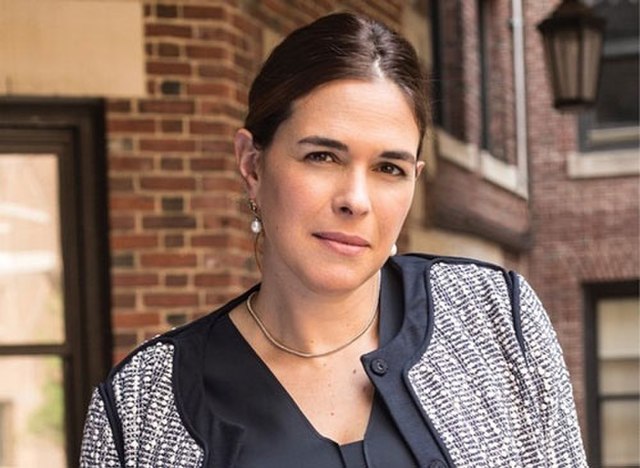
What does it mean for a new president to take office at Dartmouth College? When the news of Sian Beilock’s selection as Dartmouth’s next President was announced this summer, Senior Editor of The Dartmouth Review Conner Boehm examined both Beilock’s background and the campus’ reaction to her arrival in his article “Beilock from Barnard: A Consideration of the President-Elect.” Boehm discussed a greater framework surrounding Beilock’s appointment as President: the large amount of turnover within the College’s Administration since the start of the COVID-19 pandemic. When Beilock assumes office, the Dean of the College, Provost, and President will all have begun their positions within the past three years. Boehm also considered the many contentious topics arising from the arrival of a new administrator. In the past, newly elected Presidents have tackled issues such as student alcohol abuse, sexual violence on campus, diversity and inclusion initiatives, campus carbon emissions, and the culture of Greek organizations.
In the current state of the College, The Review recognizes four points of particular interest: the balance between our status as an iconic liberal arts college and as an elite research university; the clear mental health crisis on campus; the protection of free speech and support for diversity of thought; and Administrative decision-making regarding Greek Life.
This December, my colleagues Olivia Becker, Will Beeson, and I were able to talk with President-Elect Beilock over Zoom and inquire about these issues. We were eager to hear about her attitude towards entering Dartmouth during what we consider to be a pivotal time in the College’s history. Candidly, we were also simply excited to meet the President-Elect. The transcription of our interview, found earlier in this issue, reflects Beilock’s enthusiasm for her new role at Dartmouth and her willingness to learn more about life at the College.
We began our discussion by inquiring about the President-Elect’s background in academia and administration. From her years as an undergraduate at UC San Diego, to her time as the Stella M. Rowley Professor of Psychology and Vice Provost at the University of Chicago, to her current presidency at Barnard College, Beilock offers a wide range of experiences which have allowed her to accrue a rather holistic understanding of college life.
The STEM-X announcements made in early December were also of particular interest to us. With the STEM-X initiative, underrepresented students in STEM fields will have access to research and postgraduate opportunities that might have otherwise been unavailable to them. This move signifies a significant push on the part of the College to bolster their STEM programs, which some might view as anathema to the goals of a small liberal arts college. President-Elect Beilock recognizes this struggle better than most—as a psychology professor at the helm of a liberal arts college, she has experienced this balance firsthand.
“It’s not the liberal arts and sciences—sciences are part of the liberal arts,” she remarked. This attitude makes Beilock unique. As my colleague Boehm mentions in his article considering the President-Elect, a large number of past Presidents of Dartmouth came from leadership in primarily research-based institutions.
Another topic we discussed with the President-Elect was the role of Greek Life at Dartmouth. Of all eligible Dartmouth students, roughly 60% are affiliated with a Greek Letter Organization. Beilock expressed an understanding of the crucial role that fraternities and sororities play in student socialization, which she sees as necessary for healthy interaction. However, she also expressed a great interest in fostering other social outlets—which makes, in my view, for an incredibly balanced, appropriately cautious response from the incoming President.
Freedom of speech and diversity of thought are essential to The Review’s role as a publication. We asked the President-Elect how she navigates issues concerning the First Amendment, and her answer was highly satisfactory. Beilock understands that, in order to be the best students, leaders, and human beings possible, we must challenge ourselves. This means that we become better people when we enter into conversations which force us to step back from our own beliefs and navigate the viewpoints of others.
In sum, Olivia, Will, and I left our meeting with President-Elect Beilock maintaining high hopes for her future at Dartmouth. There are, of course, a few phrases from the Barnard vernacular in her speech that might not translate smoothly to a Dartmouth audience. Her values, however, speak completely to what it means to be at Dartmouth and for Dartmouth. As someone passionate about the liberal arts and small, strong communities, Beilock will adjust well to life in Hanover. Ultimately, we at The Review see President-Elect Beilock’s arrival to Parkhurst as marking a pivotal moment for the College, and we are excited to see what she accomplishes during our time as undergraduates.

Be the first to comment on "Beilock: A Further Consideration"